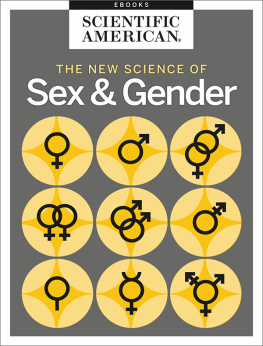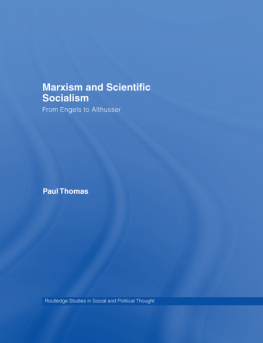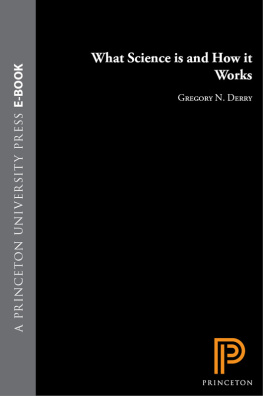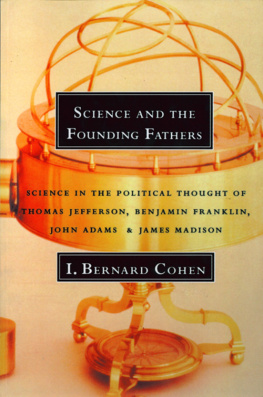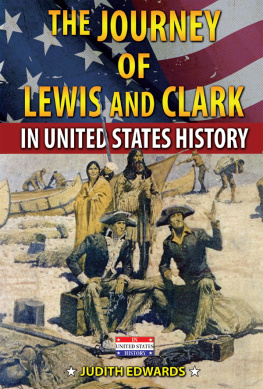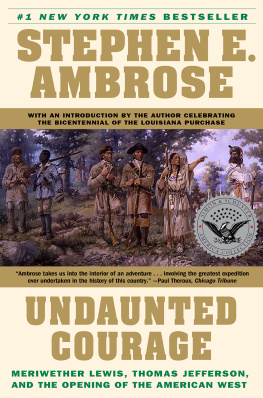Gentlemen
Scientists
and
Revolutionaries
The Founding Fathers in
the Age of
Enlightenment
Tom Shachtman

The author and publisher have provided this e-book to you for your personal use only. You may not make this e-book publicly available in any way. Copyright infringement is against the law. If you believe the copy of this e-book you are reading infringes on the authors copyright, please notify the publisher at: us.macmillanusa.com/piracy .
For my grandchildren;
and in memoriam,
Robert K. Ressler (19372013)
Contents
Foreword
The members of young Benjamin Franklins leather-apron club, artisans and tradesmen with no college education, sought to bootstrap themselves into the gentlemanly class. At every meeting they asked themselves, Do You Love Truth for Truths Sake and will you endeavour impartially to find it and freely communicate it to others? An affirmative answer was required before being allowed to debate scientific and other lofty subjects. The query about truthand its concomitants, the willingness to investigate and to experimentwas also at the heart of the other Founding Fathers science-oriented views of the world. Not only Franklin but Thomas Jefferson, George Washington, John Adams, James Madison, Alexander Hamilton, and others among the leading patriots tinkered, farmed using what they believed to be scientific and experimental principles, employed scientific analogies in their writings, couched their political ideas in scientific terms, fell in love with technologies, revered the virtuosi as heroes, and considered the nascent United States of America as a grand experiment in independent democratic governance.
Are we now living in an enlightened age? Immanuel Kant asked in an eighteenth-century essay on that subject, and answered, No, but we live in an age of enlightenment, [and] what is more, the hindrances against general enlightenment or the emergence from self-imposed nonage are gradually diminishing. He defined nonage as the inability to use ones own understanding without the guidance of another. Kant characterized enlightenment as a process rather than an end result, and equated it with modernity, which for him meant people having become mature enough to merit a modicum of self-government. He also positioned enlightenment
Two centuries after Kants essay on enlightenment, Michel Foucault asked, in his critique of that essay, whether we may not envisage modernity rather as an attitude.... And by attitude, I mean a mode of relating to contemporary reality; a voluntary choice made by certain people; in the end, a way of thinking and feeling; a way, too, of acting and behaving that at one and the same time marks a relation of belonging and presents itself as a task. To me, Foucaults definition best characterizes the form of enlightenment in the American colonies as the gentlemen scientist Founding Fathers knew it. To them, enlightenment had a particularly scientific cast. All of them had a scientific outlook: all understood natural processes as obedient to the sort of laws that Newton had elucidatedas rational, as predictable.
Today, however, the centrality to the Founding Fathers of their enlightened, scientific outlook has been obscured. While most twenty-first-century Americans are aware that young George Washington was a surveyor, they do not know the extent to which scientific and technological interests guided him throughout his life, for instance in his championing of complex engineering projects to conquer the Potomac River by locks, canals, and steam vessels; or in his experimental farming techniques, so advanced that a contemporary agrarian expert considered him to be Americas most scientific farmer; or that during the Revolutionary War, and against the wishes of the Continental Congress, Washington ordered doctors to use a still-experimental vaccination technique to prevent his troops from being decimated by smallpox, an action identified by some historians as his most important in preserving the American enterprise.
John Adams gained such a strong and continuing sense of excitement about the natural universe from his studies in astronomy, fostered at Harvard under the tutelage of his science professor, John Winthrop, that thirty years later he would confess to a friend that while in his adult life he had not had enough time for science, Whenever any Thing of the kind however has accidentally fallen in my Way, it has revived the fond Attachment of my Youth, and given me more pleasure than I can account for. He founded one of Americas two scientific societies, the American Academy of Arts and Sciences, and wrote into the Massachusetts state constitution public support of science and the arts.
Thomas Jefferson became president of the leading scientific organization, the American Philosophical Society (APS), before he became president of the United States and continually studied stars and planets, insect pests, and native tribal languages. To ready the Lewis and Clark expedition, he asked leading APS experts on anatomy, botany, and anthropology to tutor Meriwether Lewis in how to conduct fieldwork properly. So deep and sustained were Jeffersons scientific interests that he spent a considerable part of his fortune acquiring scientific instruments, fossils, and parcels of land that he thought geologically unique. Toward the end of his days, he wrote that his passion had ever been the physical and mathematical sciences, from which he had been unfortunately drawn by the history of the times.
James Madison took up meteorology and stargazing primarily to please Jefferson; Tom Paine was a relentless scientific popularizer and the designer of a remarkable piece of early technology, an iron span bridge; Alexander Hamiltons understanding of anatomy impressed a leading physician of the age. Hamiltons 1791 Report on Manufactures, in combination with the first federal patent law, encouraged Eli Whitney, Robert Fulton, Oliver Evans, and others whose technologies strongly affected the early economic growth of the United States of America.
The terms science, technology, and scientist, as we understand them today, were not in use in the Founders era. There was no distinction between science and technology, the latter being considered as the
It is also important to note that the Founding Fathers science was in no way opposite to their religion. The notion that science and religion were antithetical is a nineteenth-century construct. In 1874, American historian and scientist John William Draper, in his History of the Conflict between Religion and Science, thought he had consigned that notion to the dustbin by precisely identifying the main reason that the Founders had been more oriented to scientific understandings of the world than to the explanations and rationales proffered by organized religion: while religion always supports the power of groups, institutions, and establishments, science always supports the power of ideasand the conception of the United States of America was very much an idea.
To split the Founders religious beliefs from their scientific ones creates a schism that did not exist in the Founding Fathers time. The Founders saw and felt no space between their faith in science and their faith in a Deity. Although most of the Founders were not traditional Christians as were their neighbors who regularly attended a single church and believed in all its teachings, the Founders did share a set of religious tenets. These
Their faith was in tune with the times. During the eighteenth century as never before, historian Carl Becker suggests, Nature... stepped in between God and man; so that there was no longer any way to know Gods will except by discovering the laws of Nature. The Puritan Ethic as it existed among the Revolutionary generation, historian Edmund S. Morgan agrees, had lost for most men the endorsement of an omnipresent angry God. The element of divinity had not entirely departed, but it was a good deal diluted. The values and precepts derived from it, however, remained intact.
Next page




